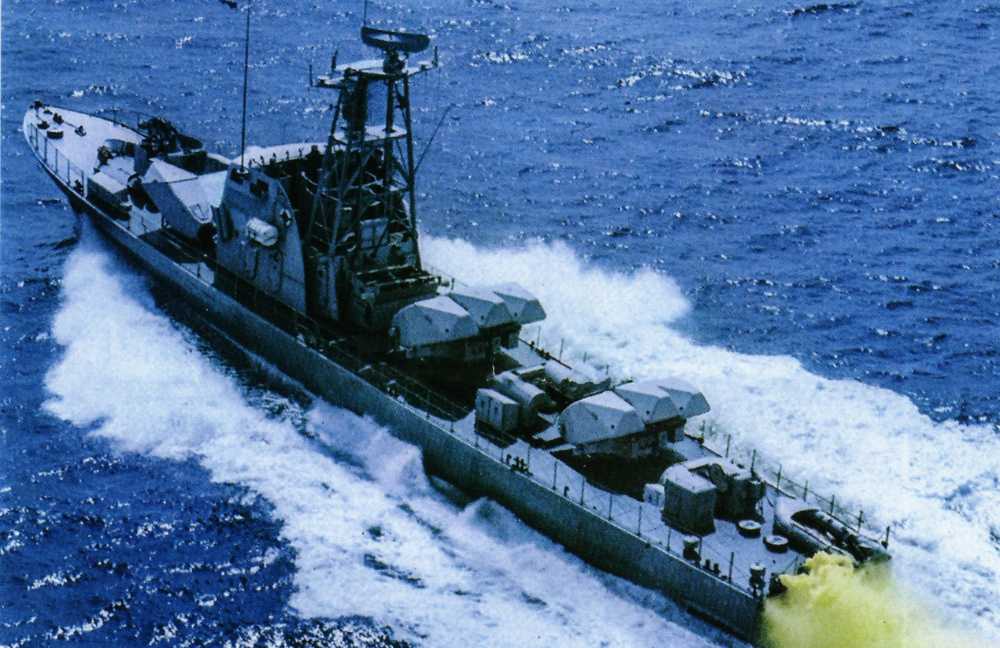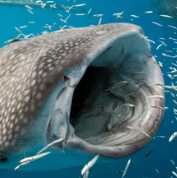The State of Israel is located on the southeastern coast of the Mediterranean Sea in western Asia. It is the only country in the world with Jews as the main ethnic group. It borders Jordan to the east, the Gulf of Aqaba to the south, the Mediterranean Sea to the west, Lebanon to the north, Syria to the northeast through the Golan Heights, and the Red Sea and Egypt to the southwest. According to the provisions of the 1947 United Nations Resolution on the Partition of Palestine, Israel has a land area of 15,200 square kilometers (currently the actual controlled area is about 25,000 square kilometers), a coastline of 198 kilometers, and ports such as Haifa, Ashdod, and Eilat. The Israel Defense Forces is one of the armies with the highest defense budget in the Middle East. It is well-trained and well-equipped. Since its founding, it has participated in five major large-scale wars and many other small conflicts. Relying on its outstanding strategies and tactics, cutting-edge weapons systems, and a complete and efficient military service system, the Israel Defense Forces have always had an advantage in the long-term confrontation with Arab countries and have become the leading and powerful military force in the Middle East.
Without a long coastline and a strong shipbuilding industry, or even a deep and wide port, such a harsh innate environment usually makes it difficult to breed a strong maritime combat force, but Israel is an exception. Although its scale is small and its equipment is not as well-known as the army's "Merkava" series main battle tanks and the air force's "Young Lions", F-15, and F-16 fighters, in several Middle East wars and armed conflicts in the 21st century, Israel's army and air force have appeared most frequently. In terms of importance, the Israeli Navy's position in Israel's national defense force is inferior to that of the army and air force, but it does not prevent it from growing into a well-trained and outstanding elite maritime force.
Although the overall size of the Israeli Navy is small, its equipment structure is more complete than that of many Western developed countries, which is inseparable from its consistent adherence to the "small but fine" development strategy. Israel is also one of the few countries in the world that has sea-based nuclear forces. Its sea-based nuclear forces consist of German-built Dolphin-class conventional submarines and cruise missiles carrying nuclear warheads, which provide a huge strategic deterrent to potential hostile countries under the policy of "nuclear ambiguity". In terms of combat performance, the Israeli Navy has not turned the tide in the Middle East wars like the Army's armored forces, nor has it had classic battles such as the "Opera Operation" that rushed thousands of miles to attack the Iraqi Osirak Nuclear Power Plant and the Bekaa Valley Air Battle that are famous in military history like the Air Force. Although there have been outstanding battle victories such as the Battle of Latakia, it also created the shameful scene in the history of human naval warfare when the main battleship was sunk by missile weapons for the first time. After the "Eilat" incident, the Israelis, who called themselves "chosen ones", followed the trend of the missile weapons era, adjusted the naval equipment development strategy in a timely manner, and embarked on a road of equipment development that was highly consistent with their own reality. Practice is the only criterion for testing truth. In several important naval battles thereafter, the correctness of the Israeli navy's development idea was fully demonstrated. The core of this idea is the protagonist of this special topic - the "Saar" series missile boats/light frigates. In order to fully understand its development context, we have produced the "Legend Forged in Actual Combat: Saar Class" special topic, which gives a general introduction to the brief history of the development of the "Saar" series missile boats/light frigates.



